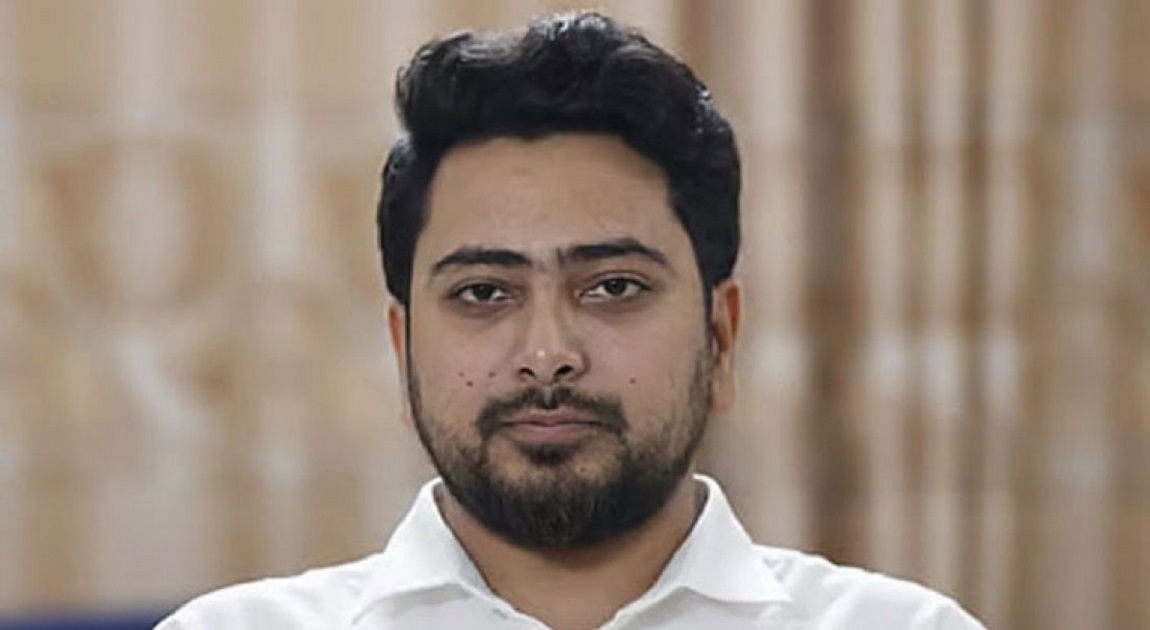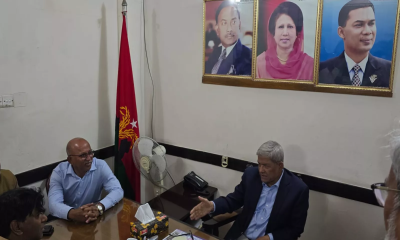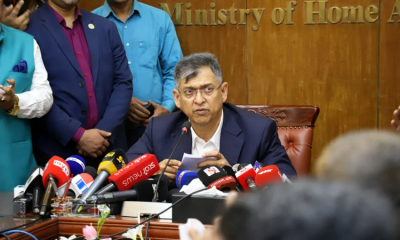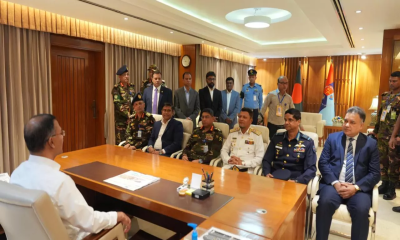Nahid Islam, convener of the National Citizens` Party (NCP), has claimed that BNP`s acting chairperson Tarique Rahman rejected a proposal for the formation of a national government that was presented by the Anti-Discrimination Student Movement following the July uprising.
In a Facebook post made on Thursday afternoon, Nahid stated that contrary to BNP Secretary General Mirza Fakhrul Islam Alamgir’s recent interview, the student movement did indeed formally present such a proposal.
According to Nahid, after the press briefing on the night of August 5, a virtual meeting was held with Tarique Rahman, during which the student representatives proposed the formation of an interim national government and the drafting of a new constitution. However, Tarique reportedly declined this proposal and instead suggested forming an election-time interim government with members of civil society. The student representatives, in turn, suggested Nobel Laureate Dr Muhammad Yunus as the Chief Adviser.
Nahid further said that discussions continued with BNP leaders, including a meeting at Mirza Fakhrul’s residence early on August 7 to talk about the proposed interim government and advisory council. The proposal was again reviewed in another meeting with Tarique Rahman before any public announcement was made about the advisors.
He also addressed recent comments made by Sadiq Kayyum, a former leader of the Islami Chhatra Shibir, who claimed that the student movement’s activities were carried out under Shibir’s direction. Nahid dismissed the claim as false, clarifying that the platform known as Chhatroshokti was formed through long-term collaboration among members of the “Gurubar Adda” reading circle, former members of DUCSU-linked student rights platforms, and a study circle from Jahangirnagar University. Nahid admitted there had been communication with all campus-based groups, including Shibir, but firmly denied any organizational influence from them.
He criticized Sadiq for misrepresenting himself as a coordinator of the movement and accused him of exaggerating Shibir’s role in the uprising. While acknowledging Shibir’s involvement, Nahid emphasized that the movement was not led or directed by them and decisions were made collectively after engaging with all sides.
Nahid also revealed that on the night of August 2, Zulkar Nain Sayar and his associates allegedly attempted a military-backed coup, applying pressure on student coordinators at a so-called safe house to announce a single-point demand for regime change via Facebook. He said this coercion was rejected by the student leaders, who believed that such declarations should come organically from public protests, not through imposed narratives. He stressed that their core stance from the beginning was to reject any transition involving military rule or military-backed groups, fearing a repeat of the “1/11” scenario and a potential political comeback for the Awami League.
Finally, Nahid accused Sayar’s group of attempting to undermine the original leadership of the movement by using people like Sadiq, resorting to surveillance, leaked call recordings, and character assassination. He said these tactics reflect desperation, and though such propaganda may be loud, it cannot sustain itself on falsehoods.











-20260224075258.webp)


-20260224065127.webp)


-20260223082704.webp)
-20260223074941.jpeg)
-20260223062301.jpg)















